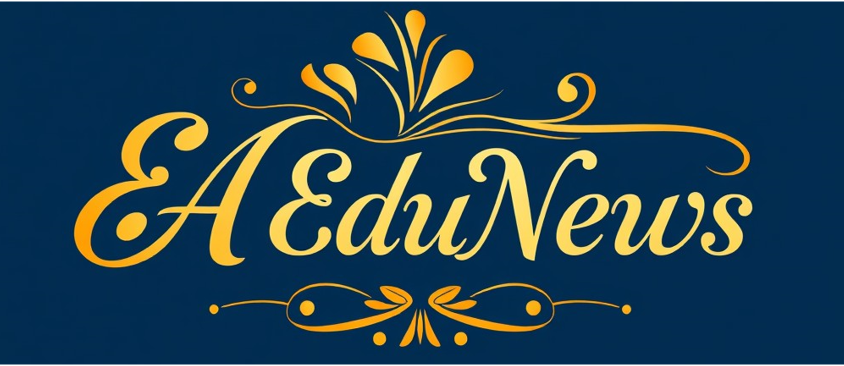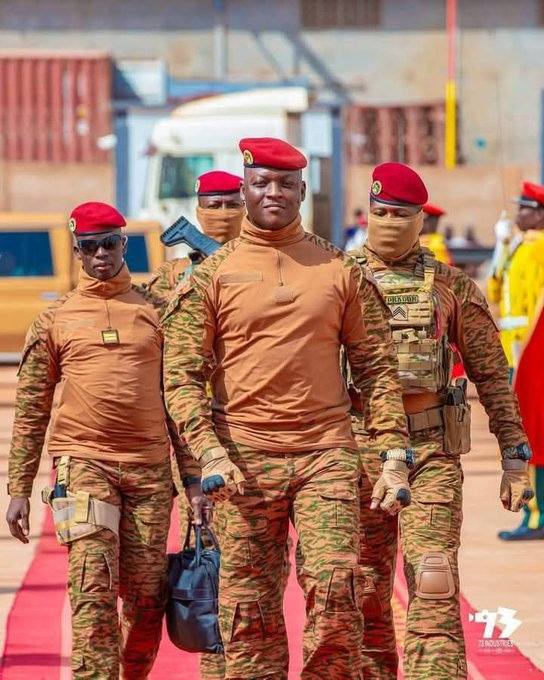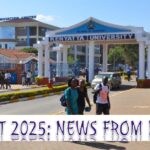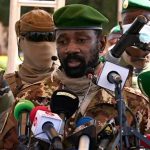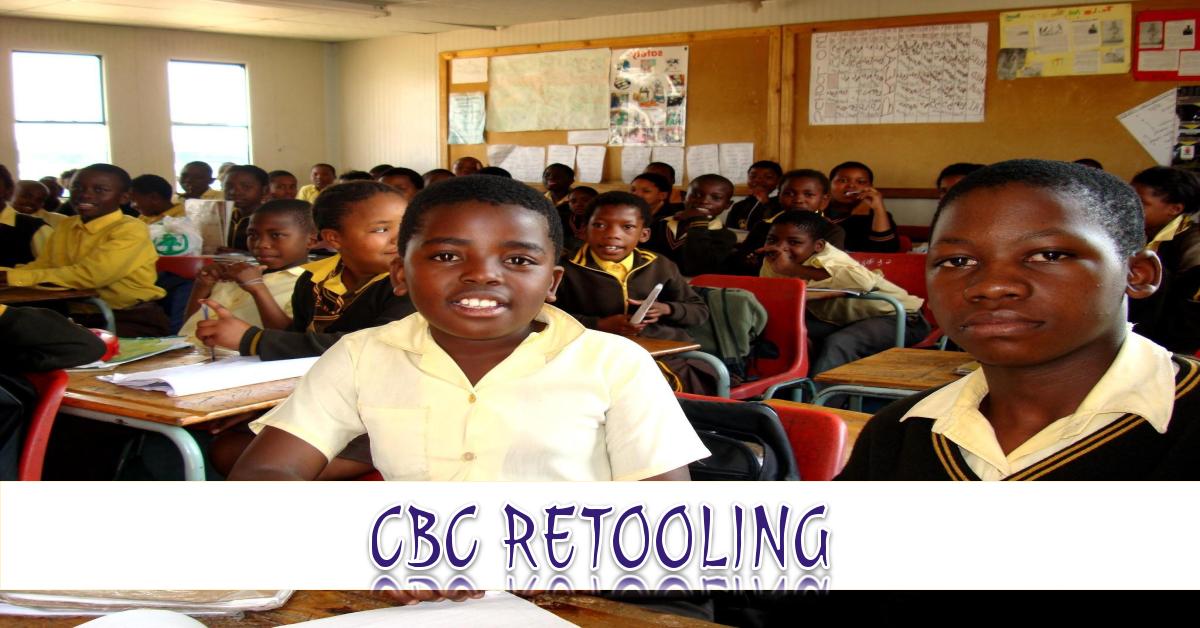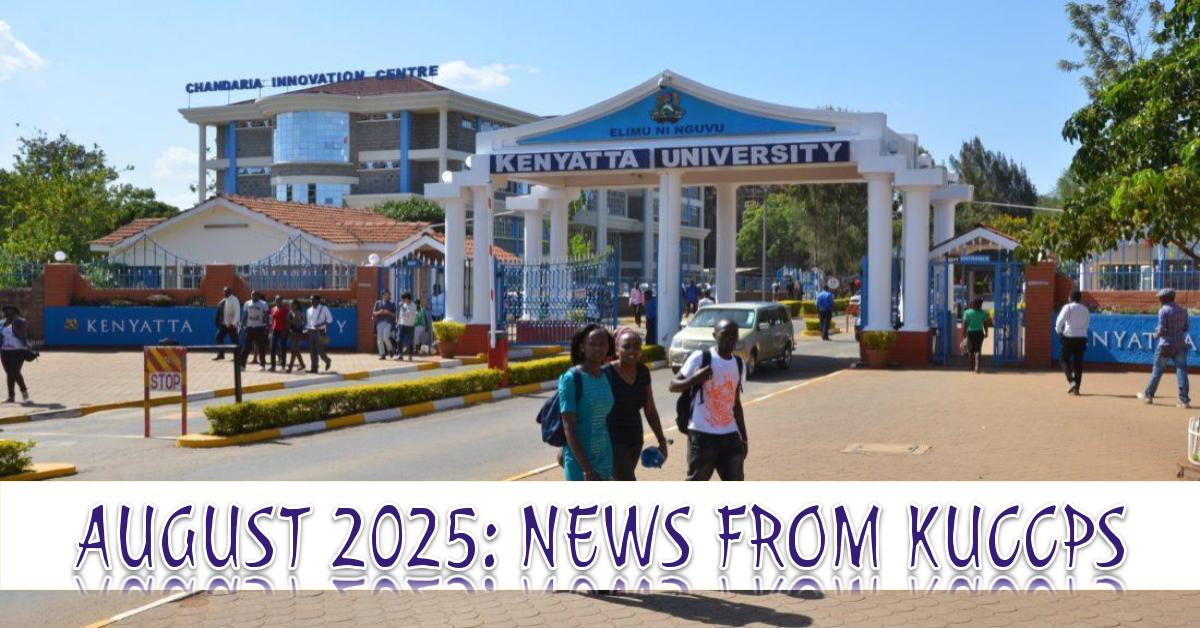All these courtesy of France
Burkina Faso, a nation at the heart of the Sahel, has once again made headlines this week with a series of dramatic events that underscore its volatile political, security, and economic landscape. From a foiled coup attempt to a deadly terrorist attack and a landmark nuclear deal with Russia, the military junta led by Captain Ibrahim Traoré is navigating a precarious path toward stability and autonomy. This blog post delves into the key developments, their implications, and what they mean for Burkina Faso’s future.
A Foiled Coup and Political Purges
The week began with a bombshell announcement: Burkina Faso’s authorities claimed to have thwarted a coup plot allegedly involving the president’s chief of staff. Reports suggested foreign collusion, with fingers pointed at France, the country’s former colonial power. This revelation highlights the deep mistrust between the junta and external actors, as well as internal fractures within the leadership.
Compounding the political intrigue, arrests continued, including that of Djibril Bassolé, a former foreign minister under ousted President Blaise Compaoré. Social media posts on X have hailed these moves as part of a “new era” for Burkina Faso, signaling the junta’s intent to purge remnants of the old regime. However, such actions risk further polarizing the political landscape, potentially alienating key figures and fueling unrest.
Security Crisis: Jihadist Attack Claims Lives
On the security front, a suspected jihadist attack killed “several dozen” soldiers, a grim reminder of the ongoing insurgency plaguing the Sahel. Armed groups linked to al-Qaeda and ISIL have intensified their campaigns, targeting civilians, displaced communities, and security forces. The attack comes as the junta pushes to reduce reliance on Western military support, particularly from France, in favor of homegrown solutions and new partnerships.
The humanitarian toll is staggering. Over 2.3 million people are displaced, and 2.7 million face acute food insecurity, with projections indicating worse conditions during the 2025 lean season. The junta’s ambition to secure the country and achieve food sovereignty by 2025 is laudable but faces immense challenges given the scale of violence and resource constraints.
A Nuclear Leap Forward with Russia
In a bold geopolitical move, Burkina Faso finalized an agreement with Russia to build a nuclear power plant. This deal marks a significant step toward energy independence and infrastructure development, aligning with the junta’s vision of self-reliance. By deepening ties with Russia, Burkina Faso is signaling a shift away from traditional Western partners, a trend also seen in neighboring Mali and Niger.
The nuclear project could transform Burkina Faso’s energy landscape, but it also raises questions about implementation, financing, and long-term geopolitical ramifications. As the country navigates this new partnership, it must balance domestic priorities with the complexities of aligning with a global power like Russia.
Debunking Debt Repayment Myths
Economic narratives also took center stage this week, with social media claims that Burkina Faso had paid off its external debt in March 2025. These claims were swiftly debunked by Reuters, which reported that the country still owes approximately $5.6 billion to international creditors, including the IMF, as of late 2024. This clarification underscores the economic pressures facing the junta, which must address fiscal challenges while pursuing ambitious development goals.
The persistence of such myths reflects public hope for economic progress but also highlights the need for transparent communication from the government to manage expectations and maintain credibility.
Regional and International Dynamics
Burkina Faso’s regional relations are also under strain. Alongside Mali and Niger, the country recalled its ambassadors to Algeria following a drone incident, signaling deteriorating ties. The trio’s withdrawal from ECOWAS, announced in January, further isolates them from West African regional frameworks, which they have accused of imposing “inhumane” sanctions. These moves suggest a realignment toward alternative alliances, with Russia emerging as a key partner.
Internationally, the junta’s anti-Western rhetoric and actions, such as expelling French forces and media, have reshaped Burkina Faso’s global standing. While this stance resonates with a population frustrated by decades of foreign influence, it risks alienating traditional donors and complicating humanitarian aid efforts.
What Lies Ahead?
This week’s events paint a picture of a nation at a crossroads. The foiled coup and arrests reflect the junta’s determination to consolidate power, but they also expose vulnerabilities. The terrorist attack underscores the urgent need for effective security strategies, while the nuclear deal with Russia offers a glimpse of long-term ambition. Meanwhile, economic realities temper optimistic narratives, reminding us of the challenges ahead.
For Burkina Faso to achieve stability and autonomy, the junta must address these multifaceted issues with pragmatism and inclusivity. Engaging communities, strengthening security, and managing international partnerships will be critical. As the situation evolves, staying informed through reliable sources like BBC Africa, Al Jazeera, or Reuters is essential for understanding the full scope of developments.
Conclusion
Burkina Faso’s turbulent week encapsulates the complexities of a nation striving for transformation amidst crisis. Captain Ibrahim Traoré’s leadership is being tested on multiple fronts, from internal dissent to external threats and economic hurdles. As the country forges ahead, its ability to balance bold ambitions with practical governance will determine whether this “new era” brings lasting change or further instability. For now, the world watches closely as Burkina Faso charts its uncertain path.
Sources:
- Al Jazeera: Burkina Faso Latest Developments
- Reuters: Burkina Faso Foils Coup Attempt
- Human Rights Watch: Burkina Faso 2025 Report
- OCHA: Burkina Faso Humanitarian Crisis
- BBC News: Burkina Faso Updates
